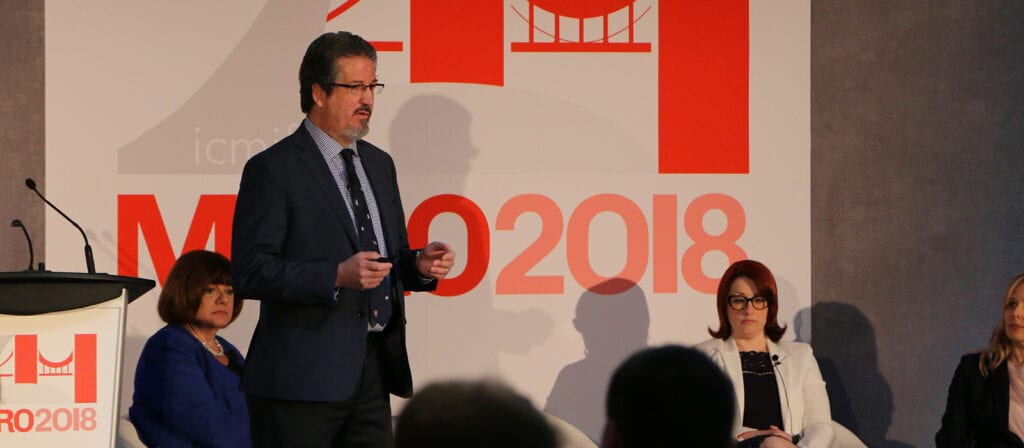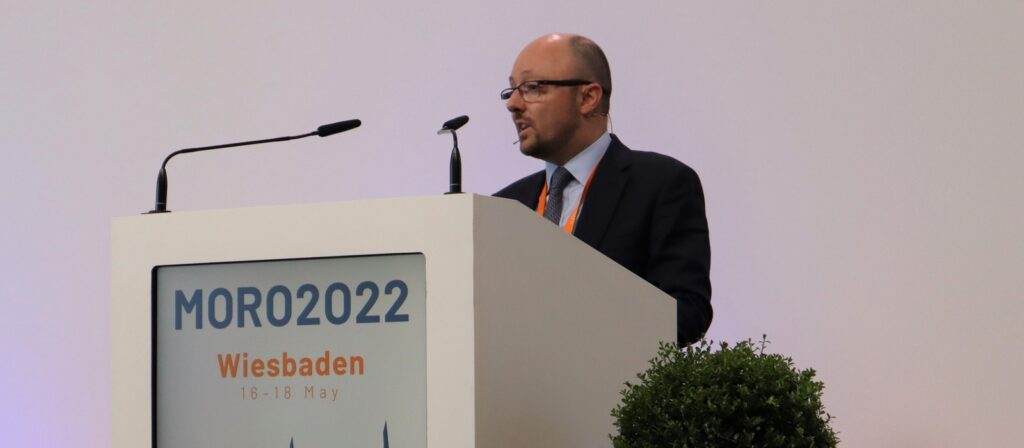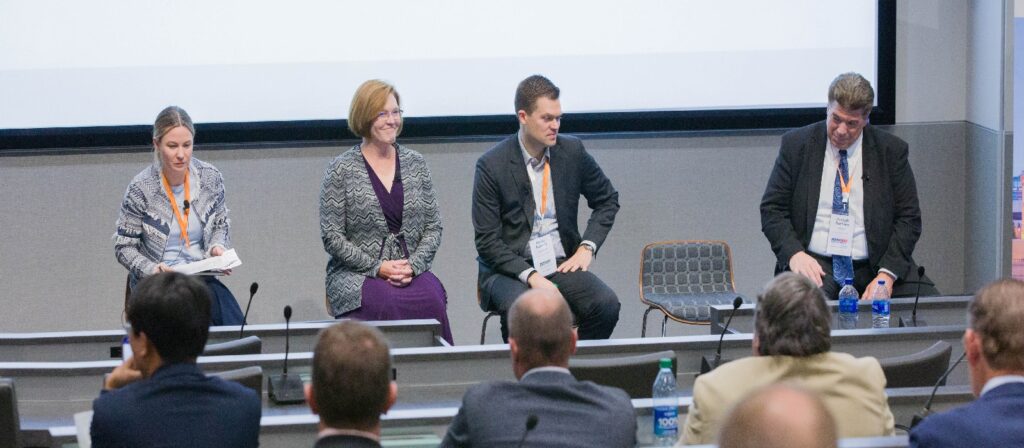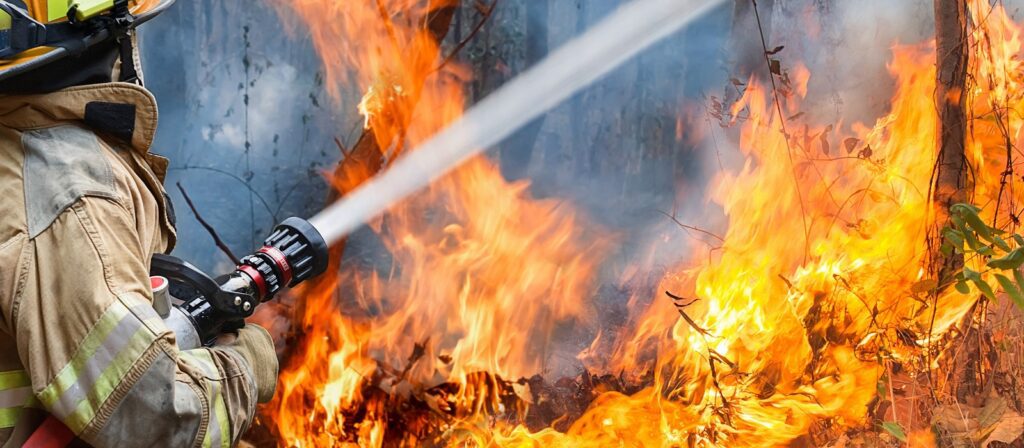The Insurance Institute of Business and Home Safety (IBHS), located in Southern Carolina (USA), is at the forefront of developing research programmes aimed at improving the performance of structures in the face of natural disasters such as hurricanes, wildfires, severe thunderstorms, and hailstorms. With a team of skilled engineers, scientists, and craftsmen, IBHS conducts research on full-scale homes and commercial buildings to better understand how these structures are impacted by hail, wind, and wildfire. The organisation is funded by the insurance industry, which sees the value in investing in research that can lead to improved standards and building codes, ultimately preventing avoidable damages.
Hail, often overlooked in research efforts, poses a significant threat, especially in the USA. IBHS recognises the impact of hail on buildings, including damage to roofs, and aims to reduce avoidable losses associated with it. While asphalt shingles are widely used as roofing in the USA due to their affordability, they are highly susceptible to wind and hail damage. IBHS conducted extensive research, including measuring hail and recreating its effects in the laboratory. This led to the establishment of a new testing protocol for asphalt shingles, revealing the limitations of existing standards. By shedding light on the actual performance of shingles, IBHS has influenced the roofing industry to develop more hail-resistant products.
IBHS understands that tornadoes and hurricanes, although distinct phenomena, have similar effects on structures. By applying an engineering approach, IBHS has developed the Fortified system, which provides voluntary guidelines for building resilience. Even in areas without building codes, Fortified empowers homeowners and businesses to incorporate measures that enhance their respective structure’s ability to withstand tornadoes, hurricanes and high winds. The success of Fortified has been evident in various locations, including Alabama and North Carolina, where increased resilience has led to improved property values and reduced insurance costs.
While initially a lesser concern in terms of insurance and reinsurance, wildfires have become a major focus for IBHS due to their increasing frequency and devastating impact. Through extensive research, IBHS has studied the effects of wildfire embers and identified key factors that contribute to structure ignitions. By using ignition-resistant building materials and implementing non-combustible landscaping practices, structures can better withstand ember attacks, reducing the risk of catastrophic damage. IBHS emphasises the importance of recognising wildfires as a system, and that the fire resistance of properties is impacted by surrounding properties, meaning there is a need for engineering solutions that mitigate their destructive potential.





